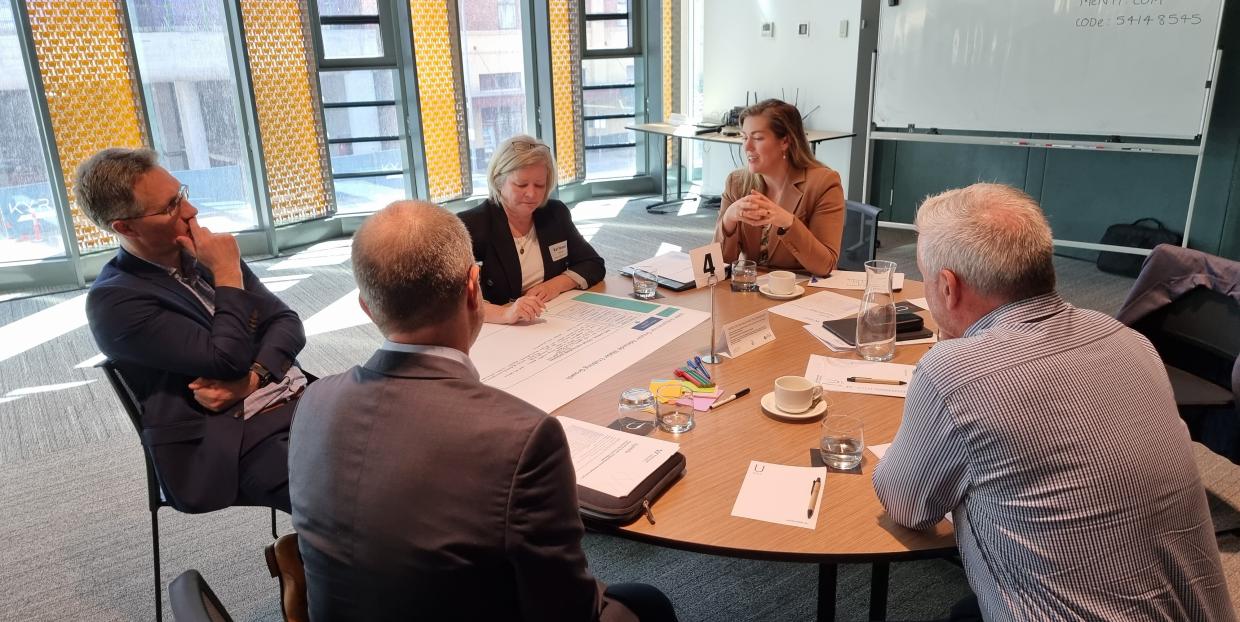Working together for Adelaide's water future
It is difficult at the best of times to manage Adelaide's precious water resources to meet the domestic, environmental, cultural, and industrial demands. Once the added pressures of climate change and projected population growth are factored in, the need to rethink its future management becomes essential. That's why Watertrust has been working closely with stakeholders from across Greater Adelaide's water sector to co-design future water management arrangements.
Watertrust has continued to build on our foundational work in late 2023, which revealed that local stakeholders embraced integrated water management (IWM; where management of all facets of the water cycle are brought together) as the best opportunity to address the challenges and support the diverse societal values underpinned by water. Our work also revealed that while current governance arrangements are considered to be limiting progress, the diverse stakeholders share an ambition for reform.
Harnessing this ambition, we've continued working with these stakeholders and more to explore how changes to governance arrangements might improve Greater Adelaide's water future. With a multidisciplinary team of experts, including Rachel Barratt (BMCG), Jeremy Cheesman and Kanchana Karunaratna (Marsden Jacob Associates), and Graham Long and Lee Failing (Compass Resource Management), we have completed an independent analysis of national and international case-studies, using these to develop a range of plausible options for institutional and funding arrangements.

This analysis underpinned a series of sector-specific workshops with state agencies, regional bodies, local governments and other stakeholders. In the workshops, stakeholders explored the potential institutional and funding arrangements and co-designed preferred options, with six high-level themes emerging:
- Significant reform of institutional and funding arrangements is required.
- There are no ‘silver bullet’ arrangements.
- New arrangements must deliver the desired IWM outcome, with two options considered most likely to achieve this.
- Variations and hybrids warrant further investigation.
- Other elements of the existing governance arrangements must also be addressed.
- Transitional arrangements may be required.
Watertrust is now using the information gathered to develop refined options and a pathway for implementation for further stakeholder input. This be done through one-on-one engagements and another Executive Forum. We are proud to report that we are tracking well to achieve our aim for the second phase of the work — to reach an agreement among stakeholders on a short-list of options. This will be an important input into the Resilient Waters Futures project co-led by SA Water and the South Australian Department for Environment and Water to fulfil a South Australian Government commitment to reform IWM governance.
Stakeholder feedback suggesting that our genuine approach to co-design and our independent and impartial role has been welcomed, allowing us to advance discussions beyond where they have for many years. We would like to thank the many stakeholder representatives from across the sector for their commitment to the work and sharing their knowledge insights, which has been critical to shaping its direction.